General Motors is once again proving that pushrod V8 engines still have a place for this world, thanks to the addition of direct fuel injection, and advanced combustion technology with its fifth-generation line of Small Block engines. But such innovation brings a new level of complexity to the table, and even Ken Lingenfelter, owner of Lingenfelter Performance Engineering, confesses that it might take some time for third-party tuning companies such as his to fully grasp the workings of the new family of GM V8 engines.
Lingenfelter also mentioned concern over the performance threshold of the LT1 motor. Where the family of GM LS engines were routinely capable of doubling their output and handling that power, the new LT engines may have a lower ceiling to work with. But his engineers also haven’t had a chance to really dissect the motor, either. That being the case, the verdict is still very much out for the LT1. But if a guy like Lingenfelter has something to be uncertain about, you can’t help but listen.

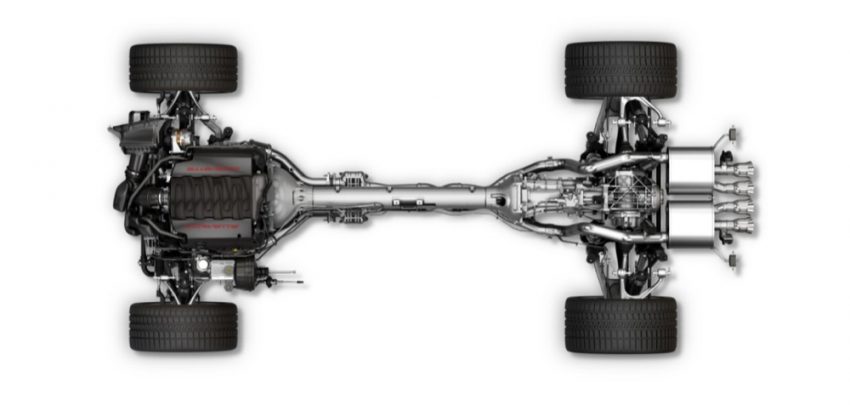

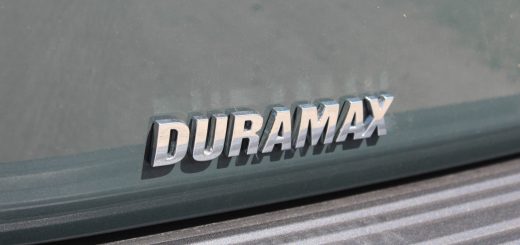
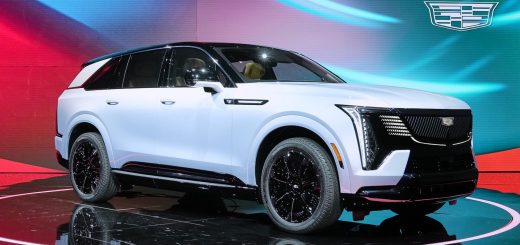
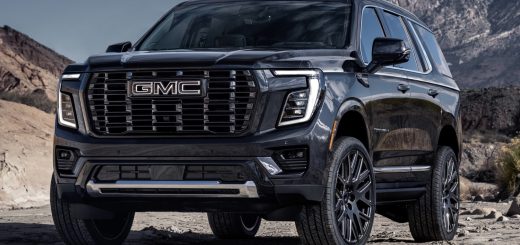

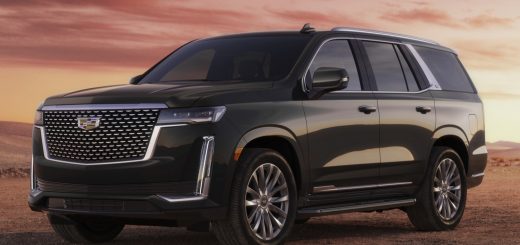







Comments
I was wondering how hard it would be to upgrade these engines when you were posting information on the new LT1. Specially designed piston heads, direct inject, concentrical camshafts, intake mainfold with near perfect air distribution, how can this engine be improved?
Maybe the LT Gen V engines are too advanced for their own good.
“Maybe the LT Gen V engines are too advanced for their own good.”
That doesn’t mean people can’t learn and adapt to the new technology; I doubt the Gen V is going to put off tuners just because of it’s new features.
Admittedly, it won’t be as easy to work with as old small block, but the Corvette wouldn’t be where it is today if they kept using the old small block.
And as long as there have been cars, turners eventually find a way to make engines do even more. After all, isn’t that what cars are for? 😉
well considering the LS Motors didn’t really take off till about 2005 expect about a 5 year window before we really start seeing what the LT1 is capable of.
I hate lurning curves.
Grawdaddy, Nice lol.
Better a learning curve than to be on the leading edge of the mistake curve.
(cue you tube video of tuning shop dyno testing the first new V8 and having it blow up in their shop)
Eh…a little learning never hurt anyone 😛
It really depends on what speed part youre looking for but it still wont take more than a couple years no matter what.
I’m sure the LT1 will prove superior to the LS family of engines. I’d also be surprised if it isn’t more of a evolution than a revolutionary motor. I’d suspect that most of the development went into the heads and cam valley architecture. With variable valve timing and direct injection, at a minimum, those areas are a must for a decent workable redesign. From what we’ve seen of the engine block, it doesn’t look all that different from the LS family blocks: deep skirted 6-bolt main bearing caps, strength webbing and siamese cylinders. The heads on the other hand, look significantly different.
Electronic management and subsequent tuning will probably be all new as well. But I’d be highly surprised if the LT isn’t at least as robust as the LS engines and far superior in head flow and overall fuel efficiency vs the LS series.
It’s not a question of mechanical strength or durability of the new LT motors. In that sense, they are really just an evolution of the LS series. The issue will be the electronic engine controls, which are much more complex than those of the already-complex LS series. The addition of direct injection and variable cam timing pose a new challenge, but the real issue is the Powertrain Control Module itself. It is a completely new device, with no resemblance to the previous generation. It is made by Bosch, not GM, and will be much more difficult to modify. And if you can’t modify the computer controls, you can’t get maximum performance out of mechanical modifications such as cams, superchargers, etc. Until/unless someone can “crack the code” of the new PCM, the ability to extract more power from the new LT engine will be very limited. For that reason, the LS may remain the “tuner engine of choice” for quite awhile.
Bill tuners know to deal with variable timing systems, the real problem, however, is the direct injection which may cause some problems.
Agree, but Direct Injection also drives changes in the design of the heads & pistons, (because of the increase in compression ratio allowed by DI). The real challenge to any of this is “cracking the code” of the new engine control systems. It’s a significant problem (which I have discussed at length with one of Lingenfelter’s engineers). Even simple “bolt-on” mods aren’t going to realize much (if any) power increase until the computer controls can be modified. And since the new controls are a “clean sheet” design change from what has evolved previously for GM motors, it’s going to be especially difficult.
every generation of electronics only fool the tuners for a short while, these will be tuneable in a short time !
Ken has just put Lingenfelter into the crosshairs of the rest of the aftermarket performance industry. They better get to work before some kid with a computer degree at some tuner shop cracks this new marvel open and makes them (or Ken) look short sighted!
I don’t think GM has ever lost sight of the aftermarket industry when developing it’s powertrains, take for instance the “Active Fuel Management” system. It is all located in the valley cover (other then the lifters), which can be removed for what ever reason someone might have. Once aftermarket ECM’s are made or tuner software has been written to reprogram the factory unit you are on your way!